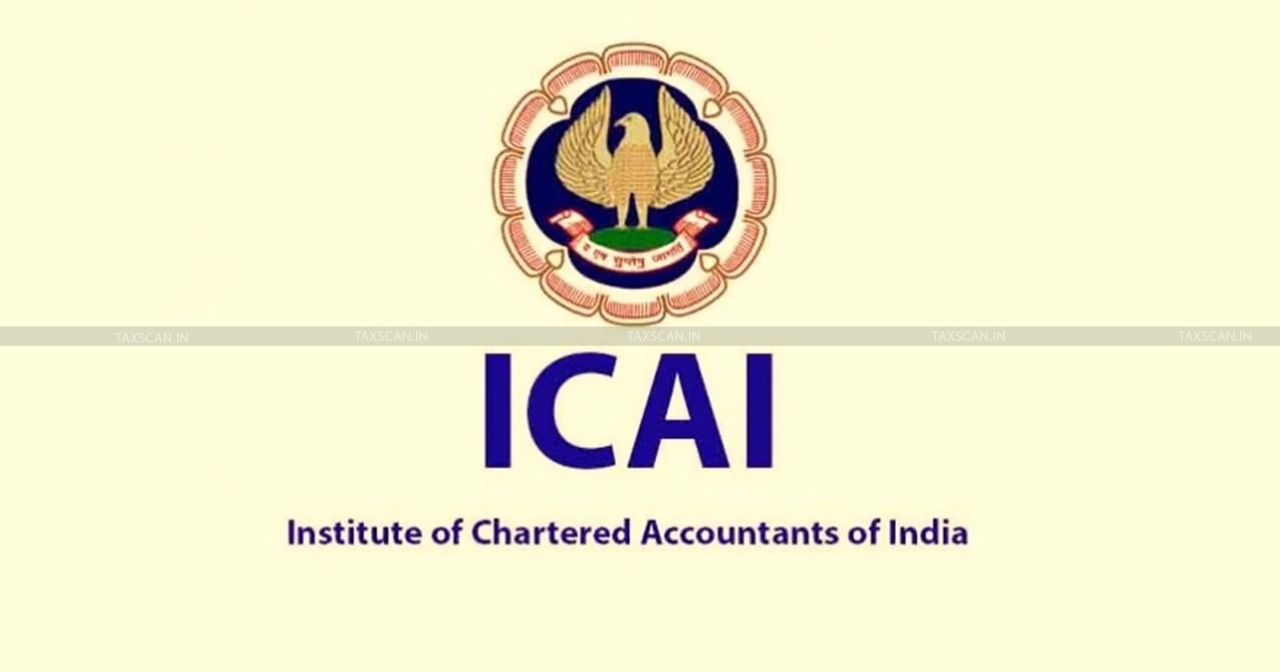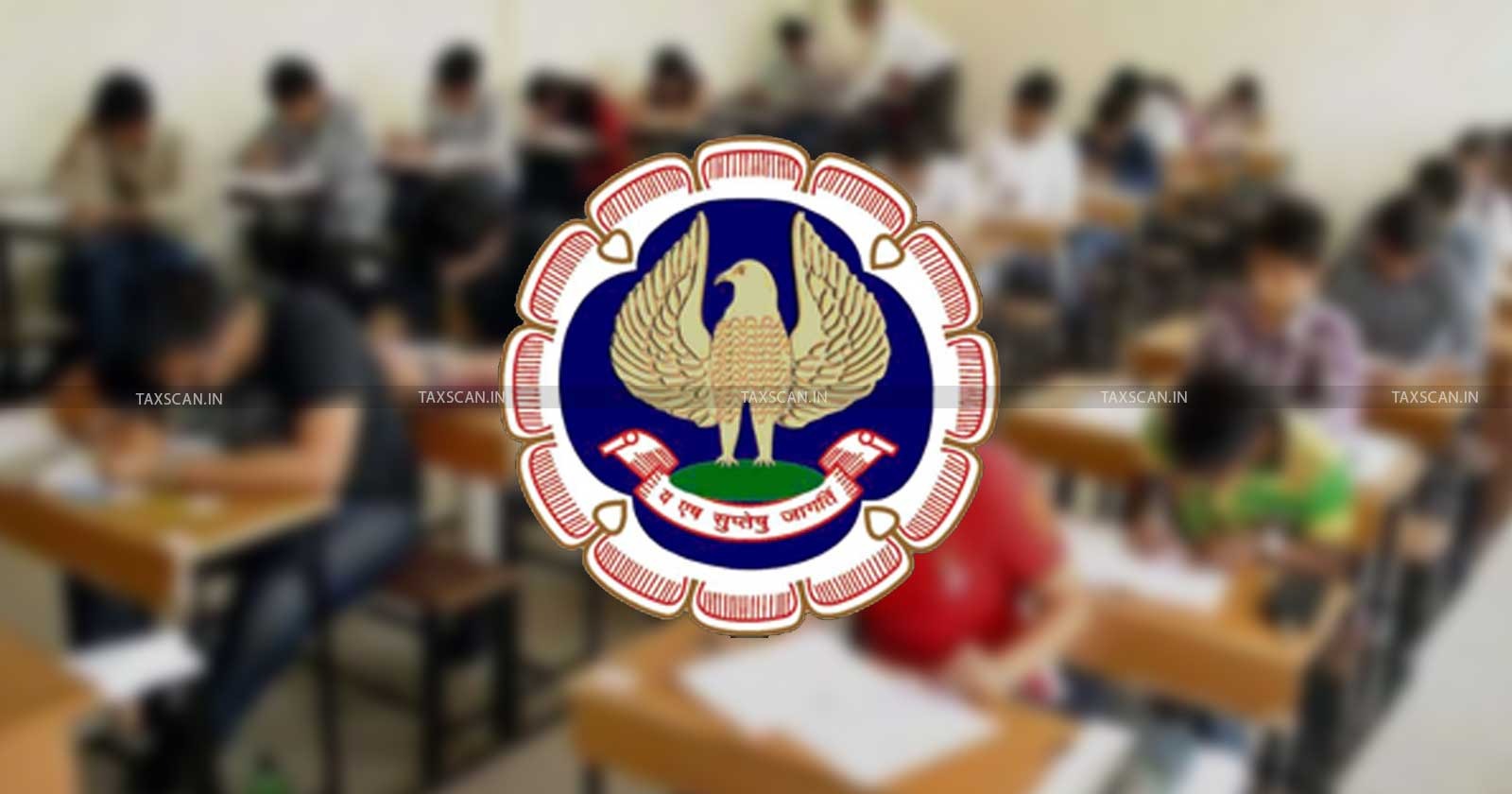Why Practical Audit Exposure Matters More Than Theory for Young CAs
ICAI states that this unique practical training “inculcates a disciplined attitude,” “develops skills in applying theoretical knowledge,” and “provides exposure to the socio-economic environment”.

Becoming a Chartered Accountant (CA) in India is a journey that blends rigorous academic study with hands-on professional training. While theoretical knowledge provides the foundation, practical audit exposure through articleship is the cornerstone of a CA’s professional development.
This article explores why practical experience in auditing is more vital than theoretical knowledge for young CAs, drawing from professional guidelines and academic research.
What is Practical Audit Exposure?
Practical audit exposure refers to the practical experience gained through articleship, a mandatory training period under the Institute of Chartered Accountants of India (ICAI). According to ICAI and expert guides, the articleship period is explicitly designed to “bridge theoretical knowledge and practical application,” giving students hands-on experience in auditing, taxation, and financial consulting.
Under the new scheme effective from July 2023, this period spans two years, during which CA students work under experienced CAs. The Young CAs engage in tasks such as auditing financial statements, preparing tax returns, and managing client interactions. Articleship bridges the gap between academic learning and professional practice, ensuring students can apply theoretical concepts in real-world scenarios.
Step by Step Guidance for Tax Audit & E-filing, Click Here
Why Practical Experience Matters More
- Application of Knowledge
Theoretical knowledge, acquired through CA Foundation, Intermediate, and Final exams, provides essential tools like auditing standards and tax regulations. However, applying these in practice requires experience. For instance, understanding risk assessment theoretically is different from evaluating risks in a company’s financial statements, which demands practical insight.
- Development of Essential Skills
Articleship ensures critical soft skills that theory cannot fully teach, such as punctuality, discipline, multi-tasking, and time management. Books only teach about auditing, in addition practical exposure teaches all other necessary aspects.
- Understanding Client Needs
Interacting with clients during articleship develops communication and interpersonal skills, enabling CAs to understand business operations and provide tailored audit services. This client-facing experience is invaluable and cannot be replicated through theoretical study alone.
- Handling Complex Situations
Real audits present complex challenges, such as identifying discrepancies in non-performing assets or uncovering fictitious loans. These situations require problem-solving and critical thinking skills which can be gained through practical experience.
 Also Read:CA Alert! ICAI Imposes Cap on Tax Audits Per Partner, No Signing on Behalf of Others Allowed
Also Read:CA Alert! ICAI Imposes Cap on Tax Audits Per Partner, No Signing on Behalf of Others Allowed
- Building Confidence
Engaging in actual audits allows young CAs to test their knowledge, learn from mistakes, and build confidence. This practical experience prepares them to handle professional challenges with assurance.
- Meeting Professional Requirements
The ICAI mandates two years of articleship after clearing CA Intermediate and completing ICITSS, as per the new scheme guidelines. This requirement ensures all CAs have substantial practical experience before certification, underscoring its critical role.
Get a Complete Kit of Essential Books for Daily Practice, Click Here
The Limitations of Theory-Only Learning
Textbooks and lectures leave gaps when facing the problems in reality of audits. Practical experience exposes challenges which cannot be known in classrooms.
- Complex, Unpredictable Issues.
Real audits often involve critical situations like missing documents, uncooperative clients, or new business models that theory cannot teach in classrooms. However, the practical audit exposes these kinds of situations especially for budding young CAs which helps them for their career growth.
- Lack of Context and Adaptability.
Classroom examples are often clean and limited in scope. In contrast, real auditors must adapt to each client’s industry and culture. Theory alone doesn’t teach how to quickly learn a client’s business or adjust audit approach when facing a sudden regulatory change or a pandemic lockdown.
- Career Preparedness.
Employers value demonstrated experience. A CA who has only passed exams may find it hard to deliver under pressure. By contrast, those with robust articleship backgrounds hit the ground running. In India’s competitive job market (with nearly 4 lakh CAs), firms prefer candidates who have demonstrated audit experience during their articleship.
Know How to Investigate Books of Accounts and Other Documents, Click Here
 Also Read:ICAI likely to Declare CA May 2025 Examination Results in July: Key Takeaways for Candidates
Also Read:ICAI likely to Declare CA May 2025 Examination Results in July: Key Takeaways for Candidates
Comparison with Theoretical Knowledge
While theoretical knowledge is indispensable, providing the framework for auditing standards and principles, it is often insufficient without practical application. The following table illustrates key differences based on insights from various sources:
| Aspect | Theoretical Knowledge | Practical Audit Exposure |
| Focus | Foundational concepts, standards, and principles | Application in real-world scenarios |
| Skill Development | Limited to understanding, memorization | Develops judgment, risk assessment, client skills |
| Learning Method | Classroom, textbooks, exams | On-the-job training, client interactions |
| Employer Preference | Seen as baseline requirement | Preferred for hands-on experience |
| Mindset Development | Provides tools and frameworks | Teaches critical thinking and professional mindset |
ICAI Training and Evolving Industry Trends
India’s CA curriculum itself recognizes the importance of practical training. The Institute of Chartered Accountants of India (ICAI) mandates a 2-year articleship (recently amended in 2023) under a practicing CA, including a specialized audit training component.
Know Practical Aspects of Tax Planning, Click Here
ICAI states that this unique practical training “inculcates a disciplined attitude,” “develops skills in applying theoretical knowledge,” and “provides exposure to the socio-economic environment”. In other words, ICAI’s own norms urge students to balance classroom learning with on-the-job experience. In addition, ICAI’s pre-requisite courses include IT tools, soft skills and case discussions to prepare students for real-world auditing and client interaction.
Regulatory Framework and Stipend Details
The ICAI’s new scheme includes structured support for articled assistants, with minimum stipend rates based on city population:
| City/Town Population | First Year (₹) | Second Year (₹) |
| ≥ 20 lakhs | 5,000 | 6,000 |
| 5 lakhs to < 20 lakhs | 4,000 | 5,000 |
| < 5 lakhs | 3,000 | 4,000 |
Larger firms may offer higher stipends, up to Rs. 5,000-Rs. 30,000 per month in metropolitan areas. Students are allowed 24 leaves over two years, balancing training with exam preparation.
In the Indian CA journey, theory provides the foundation, but practical audit work builds the house. Hands-on experience in audits gives young CAs a competitive edge by turning concepts into competencies from technical expertise and ethical decision-making to communication and problem-solving skills.
Only relying on textbook learning can leave critical blind spots when handling complex, real-world audits. As ICAI highlights articleship is not just a requirement but a transformative phase that bridges the gap between theory and practice.
For aspiring CAs in India, embracing practical audit exposure early on is essential which enriches their training, prepares them for real world complex audit, and ultimately seeds long-term professional success.
Support our journalism by subscribing to Taxscanpremium. Follow us on Telegram for quick updates




